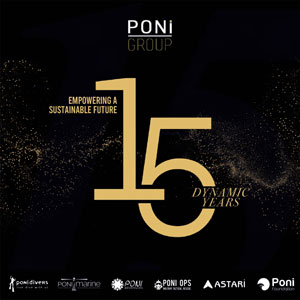SEOUL (ANN/KOREA HERALD) – The alarming rise in cancer diagnoses among young adults in South Korea has brought new attention to the factors contributing to early-onset cancer and the need for prevention strategies. Once considered a disease of old age, cancer is now increasingly affecting individuals in their 20s and 30s.
For Kang Min-ji, a YouTuber in her early 30s, the diagnosis of thyroid cancer and a brain tumor in July 2022 was an unexpected shock. “I was young, physically active, and maintained a healthy lifestyle. I never imagined I could have cancer,” she shared in a recent video titled “Who would have thought I would have cancer?”
Kang’s diagnosis is not an isolated case. Prominent figures, such as actor Kim Woo-bin, who battled nasopharyngeal cancer at 28, and actor Jang Keun-suk, who recently disclosed his fight against thyroid cancer, are part of a troubling trend.

Data from the South Korean Health Insurance Review and Assessment Service indicates a significant rise in cancer cases among young adults. Between 2016 and 2021:
- Cancer diagnoses in individuals in their 20s increased by 26 per cent, from 20,131 to 25,384 cases.
- Diagnoses in those in their 30s rose by 7 per cent, reaching 83,944 cases.
- Rectal cancer among 20-something men doubled, while cases among women rose by 142 per cent.
A 2022 study by the University of Colorado Anschutz Medical Center highlighted that South Korea has the highest colon cancer rate among individuals aged 20 to 49 globally, with 12.9 cases per 100,000 people.
Contributing factors
Experts attribute the rise in early-onset cancer to a combination of lifestyle factors and societal pressures:
Unhealthy diets: The prevalence of single-person households, which account for over 40 per cent of total households in South Korea, has shifted dietary habits toward processed and convenience foods. “A balanced diet rich in colorful vegetables and protein is key to reducing cancer risks,” emphasised Professor Shin Hyun-Young of Seoul St. Mary’s Hospital.
Stress and work culture: Korea’s high-stress corporate environment, combined with irregular sleeping patterns, has been identified as a major factor. Stress disrupts the immune system, particularly natural killer (NK) cells, which play a crucial role in fighting cancerous growths.
Environmental factors: Exposure to radiation and other carcinogens further elevates risks.
The importance of early detection
Health experts recommend regular cancer screenings, particularly for individuals with a family history of cancer. “Young adults experiencing fatigue or sensitivity to temperature changes should consider thyroid function tests,” advised Dr. Park Kui-seon of Cha Ilsan Medical Center.
While screenings are essential, some experts caution against overdiagnosis. Studies have shown that a significant proportion of thyroid cancer cases diagnosed between 1998 and 2012 in Korea were overdiagnosed, leading to unnecessary treatments.
In response to the rising cases, the Korean Cancer Association recently launched a financial assistance program for cancer patients in their 20s and 30s, providing up to KRW1 million (USD716) per patient to support treatment costs.
The growing prevalence of cancer among South Korea’s youth underscores the need for holistic strategies. From promoting healthier lifestyles to addressing workplace stress and minimizing overdiagnosis, the focus must shift toward prevention and informed care.
As Kang poignantly shared, “Cancer can strike anyone, regardless of age or lifestyle. Awareness, early detection, and support are critical in this fight.”







